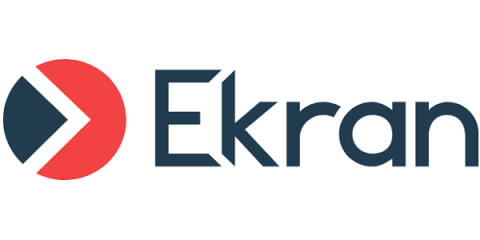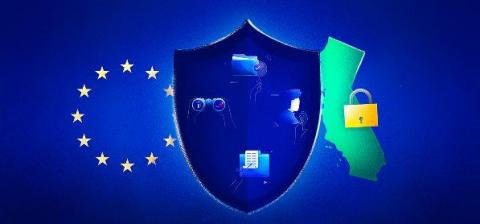Security | Threat Detection | Cyberattacks | DevSecOps | Compliance
Legislation
How to Comply with GDPR
When it comes to organizations incorporated and operating out of the United States, General Data Protection Regulation (GDPR) compliance can be confusing. Many people struggle to understand what exactly is the GDPR and whether it applies to all organizations. On May 25, 2018, the European Union (EU) via the European Parliament, signed into law the GDPR, to an enhance Directive 95/46/EC.
How Nevada's SB220 Compares to CCPA
On May 29, 2019, the governor of Nevada signed into law Senate Bill 220, a new consumer privacy law. The new privacy law amended Nevada’s existing 2017 online privacy law. Effective October 1, 2019, the new privacy gives consumers the right to opt-out of the sale of their personal information.
What Are SOX Compliance Requirements?
The Sarbanes-Oxley (SOX) Act was signed into law on July 30, 2002. The law drafted by congressmen Paul Sarbanes and Michael Oxley aimed to improve corporate financial governance and accountability while protecting shareholders from accounting errors and fraudulent activity. The real fuel for the SOX law came from the inappropriate financial conduct of three large companies Enron, Tyco, and WorldCom.
What Is PIPEDA? And How Does It Protect You and Your Privacy?
You have likely heard of the General Data Protection Regulation (GDPR), and you probably refer to this standard whenever the topic of privacy and data processing arises. But what about outside of the EU? The Office of the Privacy Commissioner of Canada (Commissariat à la protection de la vie privée du Canada) has a twitter account that shares information regarding privacy and an individual’s rights in Canada.
CCPA Compliance Checklist
If your organization has a presence in California or does business with California residents, then it probably needs to comply with the California Consumer Privacy Act (CCPA). CCPA compliance is no easy task but never fear: Using this checklist and our CCPA audit guide can help smooth the way.
Privileged Password Policy Compliance Overview: NIST 800-63, HIPAA, PCI DSS, GDPR
Privileged passwords should be used wisely. These credentials, also called secrets, provide a user with access to protected accounts, systems, networking hardware, cloud instances, and applications. Since privileged accounts also have elevated permissions, passwords to these accounts are often targeted by cybercriminals. In fact, weak, reused, and compromised passwords are the cause of 81% of all data breaches according to the Verizon 2019 Data Breach Investigations Report.
GLBA Compliance Checklist
GLBA refers to Gramm-Leach-Bliley Act (also known as the Financial Services Modernization Act of 1999) which aims to protect the private information of consumers. In this article, we took a closer look at GLBA requirements.
CCPA Exemptions: The California Consumer Privacy Act and the Gramm-Leach-Bliley Act
A change is coming for privacy protection. Are you ready? For the past twenty years, most financial services businesses fell under the requirements of the Gramm-Leach-Bliley Act (GLB Act or GLBA). This law federally governed the collection and disclosure of customers’ personal financial information. However, on January 1st, 2020, a new privacy rule—the California Consumer Privacy Act (CCPA)—wentis going into effect.
Sizing up the CCPA: How the USA's new privacy regulation measures up against the GDPR
The California Consumer Protection (CCPA) act took effect on January 1, 2020, and companies across the globe are scrambling to get their act together to avoid non-compliance penalties. Although enforcement of the CCPA doesn’t officially begin until July 2020, the California Attorney General’s office will still be able to penalize violations that occurred between implementation on January 1 and official enforcement in July.







